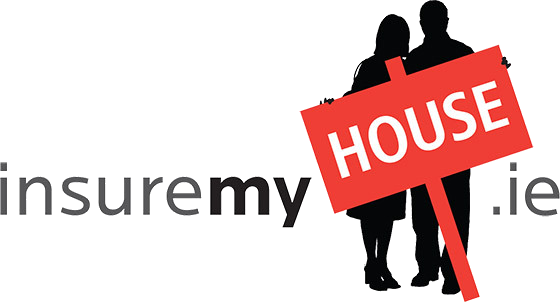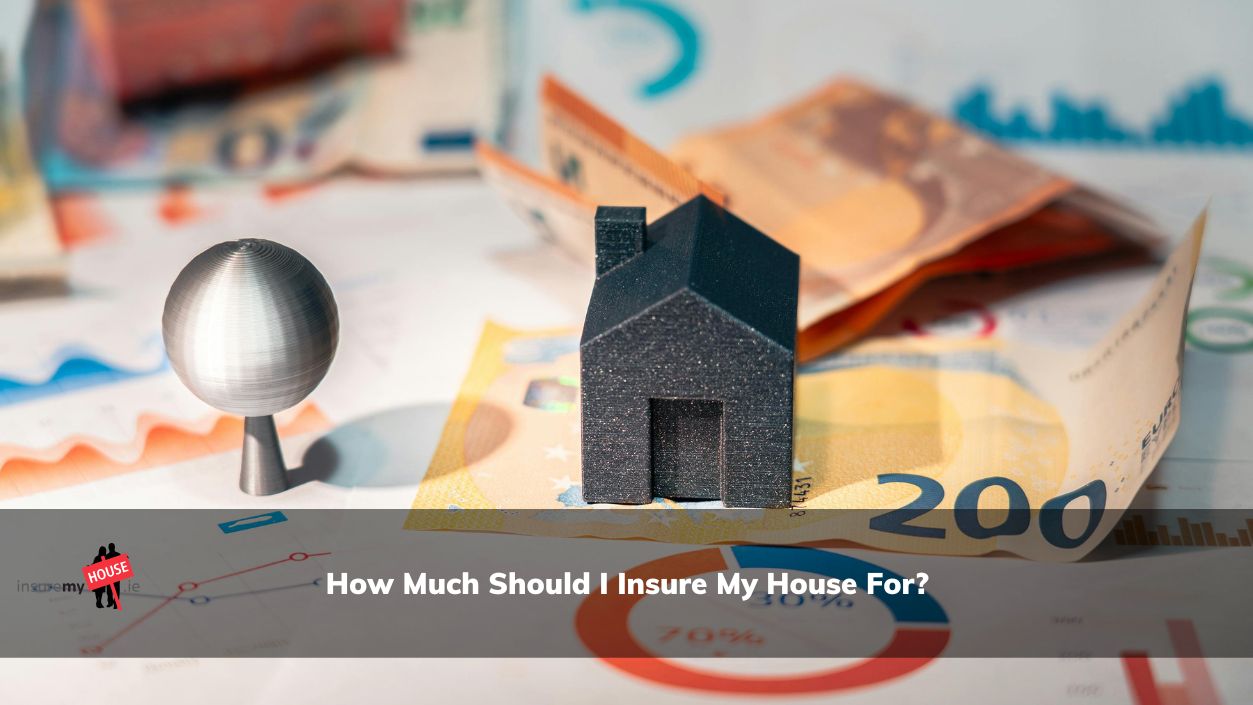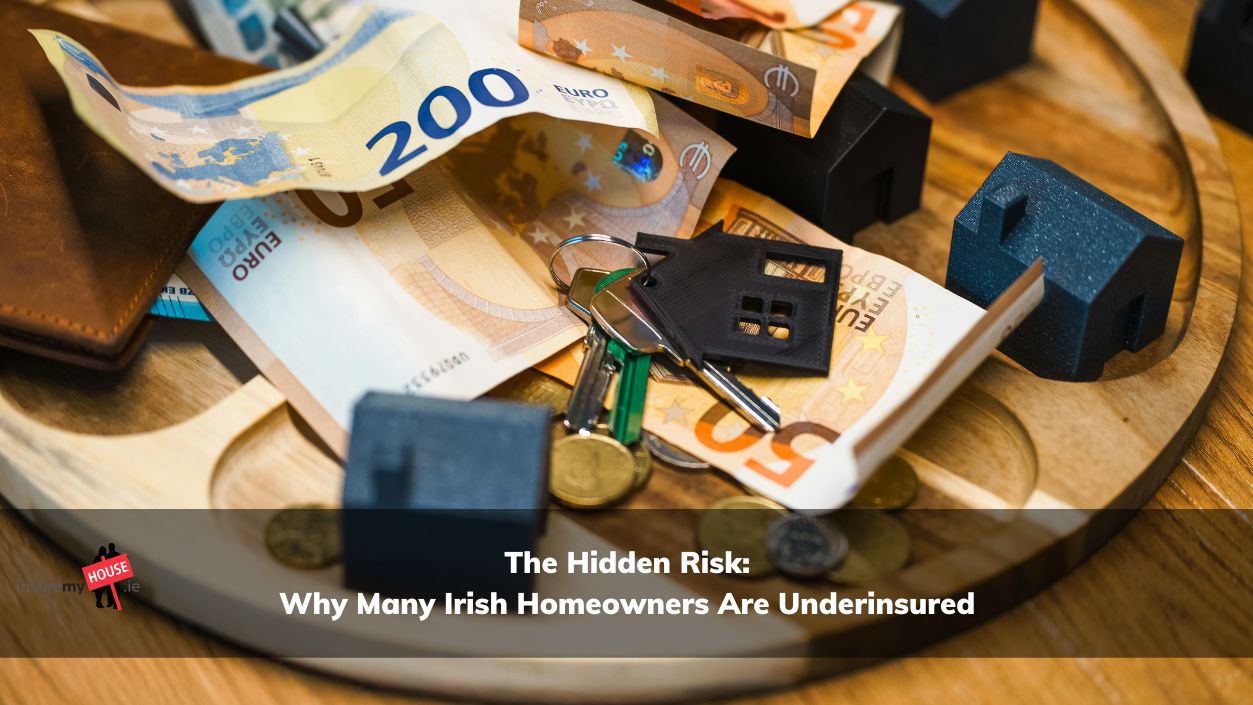Friday, 2 July 2021
Undervaluing your home: Do you know the risks?
Do you know the risks that undervaluing your home has on your home insurance premium?
Underinsurance is a subject which is becoming a mounting concern for many financial institutions. In recent research developed by the Royal Institution of Chartered Surveyors the widespread nature of underinsurance was outlined. They stated that as many as 80% percent of commercial properties in the UK are underinsured. While the statistics for residential homes in Ireland are said to be less, the Irish Times has outlined that ‘a significant number of Irish homes are still undervalued with regard to insurance’.
Under insurance occurs when either the sum insured on a policy does not represent the current value of the items at risk or where the limits within a policy are inadequate for the client’s needs. Premium
In order to receive an accurate quote for your premium you will be required to provide a buildings sum insured. The building’s sum insured is the cost of rebuilding your home from scratch.
The buildings sum insured for example should not only cover the building materials and labor costs required but it should also include the removal costs of debris and architects’ fees and so on.
If all these factors are not taken into consideration, in the event of an accident and a subsequent claim, being underinsured will result in a financial loss to the client as insurers will apply an average on losses (but more about that below).
So, what do you need to consider?
-min.jpg)
It’s essential to note that some figures generated online for a total rebuild figure may exclude ‘non-standard construction’ properties or one-off houses with special design features. Period houses may also fall outside of the scope and may require higher rebuilding costs. The Irish society for chartered surveyors has also asked the public to note that the insurance of apartments is covered in a block service charge. Hence apartment owners should check with their management companies or agents to clarify their apartment’s insurance value. This is why it’s important to not merely ‘guess’ the rebuild value for your home when insuring it, as there are a number of stipulations.
The buildings sum insured should not be confused with the market value of a house. The price achieved if a property is sold on the open market is sometimes believed to be the value for which it should be insured. According to the Society of Chartered Surveyors the property’s market value is irrelevant in an insurance context because it bears little relationship to the cost of a rebuild.
What is the average clause and how does it work?
-min.jpg)
‘The average clause’ appears in the small print of your insurance policy covering material damage to property and possessions. This clause allows your insurance provider to pay a lot less for any claims you make if you have intentionally or unintentionally underestimated the value of your home and/or its contents.
Insuring your home and its contents for the right amount is therefore imperative if you want a claim to be paid in full in the event of an accident.
In order to understand the average clause, it’s easiest to think about it in terms of the contents of your home.
For example, let’s say you have insured the contents of your home for €40’000 but the actual value of the contents in your home is €80’000. This means that you have underestimated the value of your possessions by 50%. If your insurance provider becomes aware that you have undervalued your contents, then they will only have to pay 50% of the value of the claim you are making. The same goes for structural damage to your home.
Things to note regarding insurance and underinsurance in Ireland:
1. The obligation is with the insured.
When it comes to insuring your house for the appropriate cover and value, the obligation lies with the insured to provide the correct information for the insurance contract.
2. Building costs rise year on year.
With the rapid increase in building cost inflation over the previous number of years, it is necessary to review your policy every single year. You can do this by simply calling your insurance broker, who can offer advice on the subject.
3. Don’t forget the outhouses.
House Insurance is divided into buildings and contents insurance. In addition to the main structure of the home, buildings insurance typically extends to cover outbuildings like garages, garden sheds and greenhouses. However, its important to note than when you’re calculating the cost of the rebuild you must ensure that these are also considered.
4. What to do if the damage is done?
While prevention is always better than cure, sometimes we find ourselves in unprecedented situations. The Irish Federation advises that if you have suffered damage to your home and you need temporary repairs to mitigate damage, you should do them.
Then if you need to carry out further repairs you should ring your broker before carrying out the work. Your broker can help to assess the damage and to provide an accurate estimate of how much you will receive regarding your claim. Then you can proceed knowing what’s what and you won’t be in the dark regarding how much you will receive.
Undervaluing your home might seem like a plausible idea when you’re considering the cost of an insurance premium. However, it nearly always results in further stress and indeed expense for the client in question if a claim arises. Shop around for your home insurance or use an experienced broker who can ensure that you get a good price for a policy that will sufficiently protect your home in the event of an accident.
At Insuremyhouse.ie, we will go above and beyond to ensure that you receive the best cover for the best price. Why not reach out to an experience broker today who can help get you an appropriate policy?






